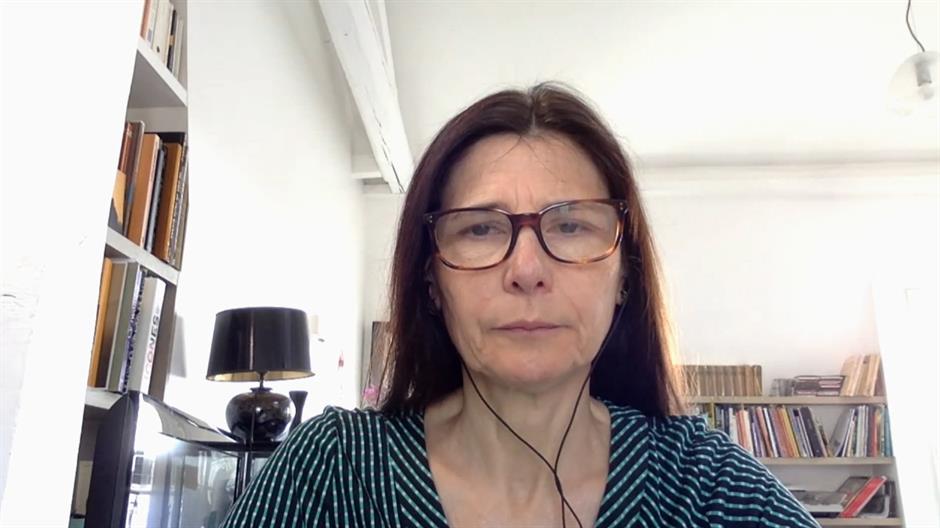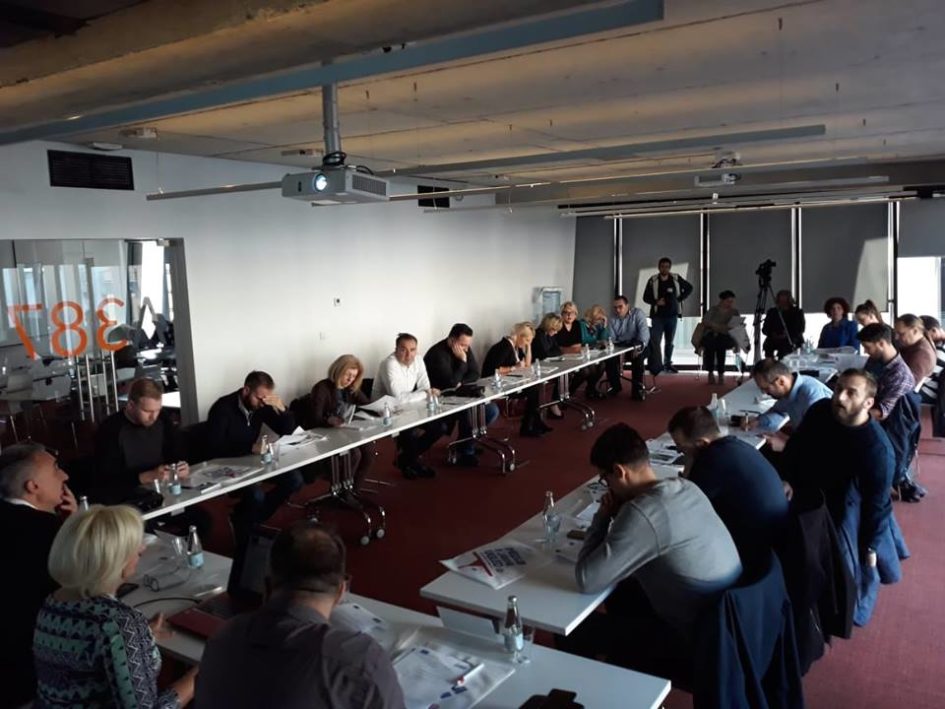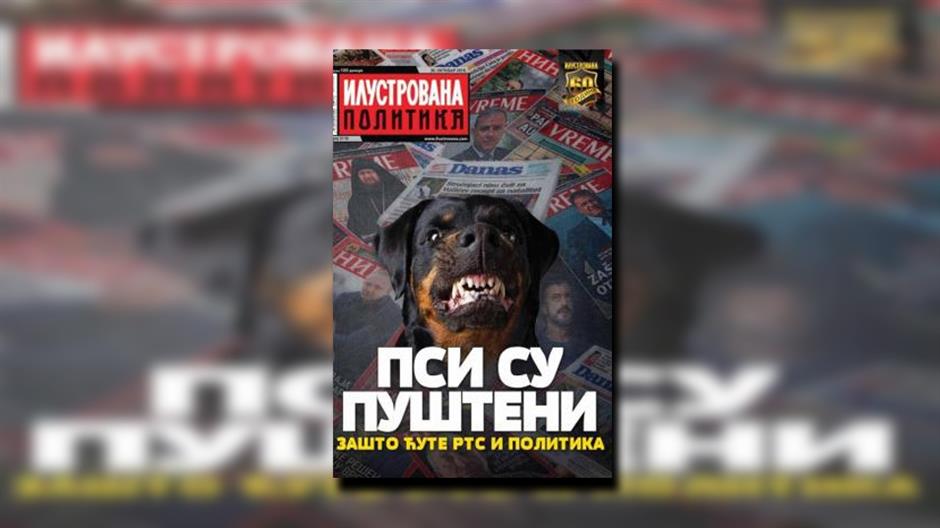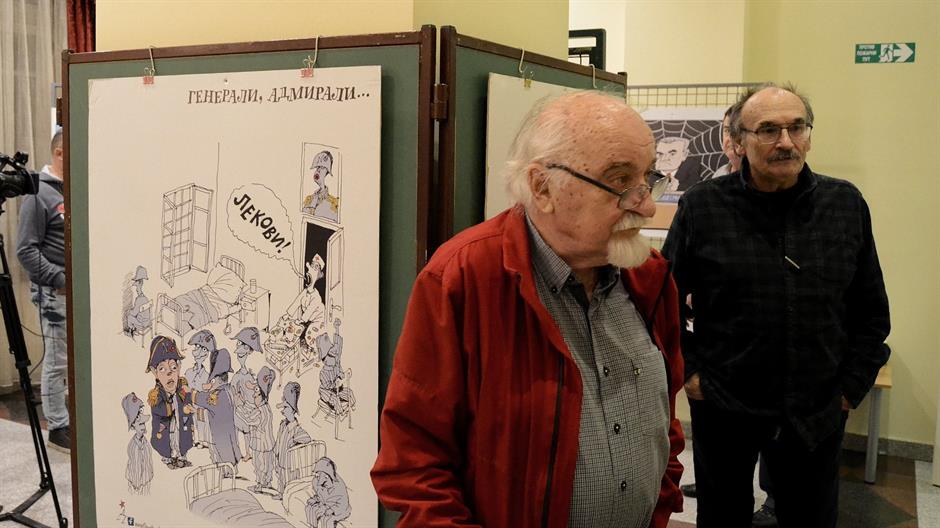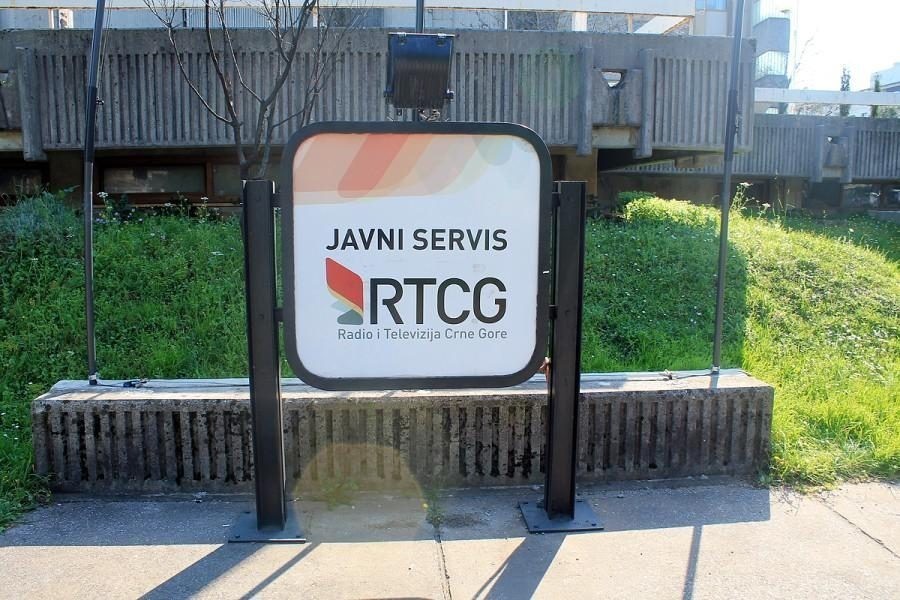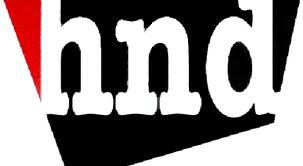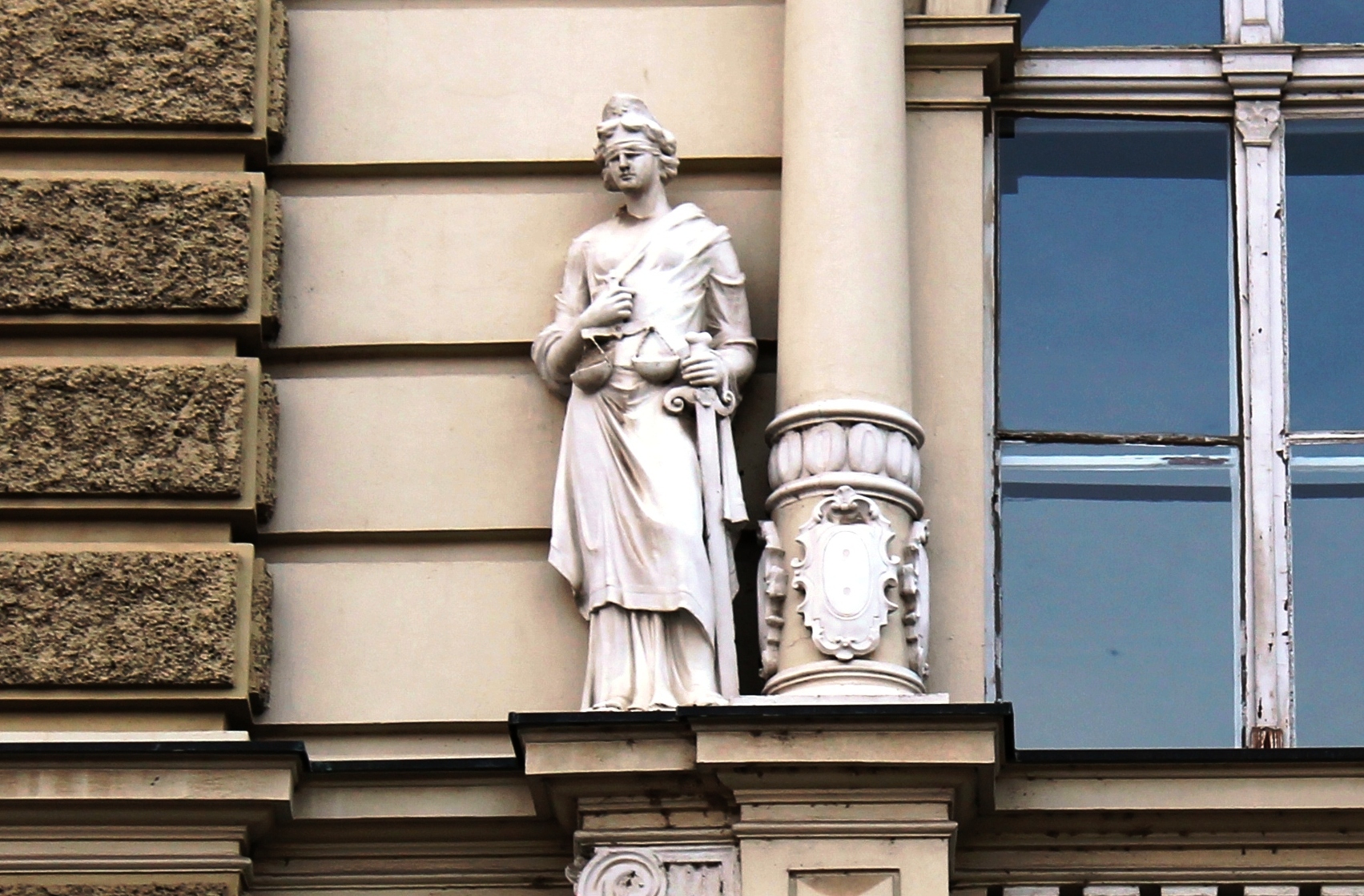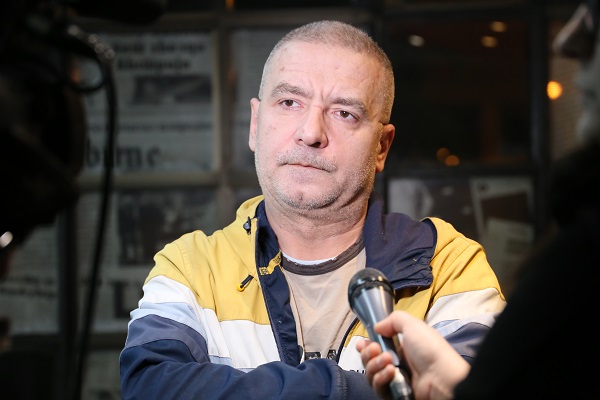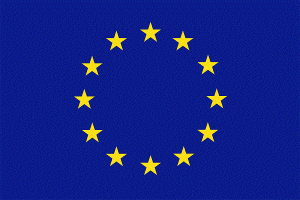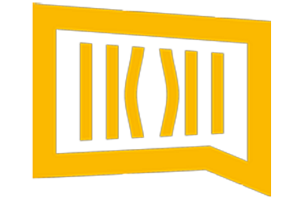SARAJEVO, 12.11.2018.-Freedom, and expression both represent fundamental rights of the first generation where, for instance, same rights appear in the Constitution of the USA, (namely in Amendment I), issued in 1791. Today, it is impossible to even imagine democracies without guaranteed rights to freedom of expression included in Constitutions of all democracy – based countries where they guarantee these specific and particular human rights.
Several international legal acts proclaim the protection of this human right and as for Bosnia and Herzegovina, a member of Council of Europe, the European Convention on Protection of Human rights and Fundamental Freedoms is particularly important and crucial (hereinafter EC), dated in 1950. Namely, Article 10 of the EC guarantees and endorses the rights of freedom of expression. Modern sources of communications, including internet and similar sources, produced new problems in terms of rights to freedom of expression and its limitations, so European Commission, as one the European Union bodies, presented specific Guidelines and Principles for Internet Platform, in order to strengthen the prevention of occurrence of illegal contents on the internet, that would encourage and share the idea of hate speech, violence and terrorism.
In Bosnia and Herzegovina, as we all know, until 1999, defamation and libel issue, as one of the sources limiting the freedom of expression, was identified, recognized and legally treated as the criminal deed (felony), which accordingly resulted in imposing of criminal and legal sanctions. After the decision passed by the High Representative for Bosnia and Herzegovina, the de-criminalization of defamation was implemented, and after that, entity level laws were passed regarding the protection from defamation during 2001 and Brcko District Law followed this practice accordingly.
However, no right can remain absolute, including the right to freedom of expression that can be limited in certain cases, including national security, territorial integrity or public safety in order to prevent violence or criminal actions, protection of public health or public moral values, protection of reputation or other rights, prevention of detecting the announcements acquired in confidence or for the purpose of preserving the authority and objective and non-biased work by courts, all together outlined and defined by Article 10 of the EC. In reality, local courts are often presented with cases where claimants, pursuant to provisions by the Law on Protection from Defamation (Defamation Law), during civil procedure, press charges against authors, editors or publishers, including legal entities which had published or posted the survey (research) results and that were, most of the time, profanely referred to as journalists.
On the other hand, we have the appearance of claimants, mostly public figures and politicians, who are convinced that the reputation in their communities had been jeopardized and violated, as a result of certain contested and disputed speech or expression in either electronic or printed media sources. Accordingly, their goal has always been to provide court protection for themselves as this “protection” should additionally limit this kind of freedom of expression, either through court and legal verdicts that would determine that this particular expression was untrue and false and shall be treated as defamation – based expression, and more often, or by claiming material compensation (money claims).
The task of courts in such proceedings is to establish and develop the balance, that is, provide the answers to questions regarding the proportionality and relations from one hand, in relation with journalists’ rights to freedom of expression as respondent, and on the other hand, claimant’s rights to protect her/his reputation; reputation as the public figure. In order to have local courts reply to whether certain survey and research caused the violation of reputation of claimants, three-part tests must be conducted, that is, certain criteria considered as relevant for the proportionality tests. These criteria concern disputable and contested reporting and to what extent does this reporting contribute in further discussion (regarded as general public interest); how famous the subject (public figure) is and what is the subject of reporting; behavior of person/figure (being subject to discussion) before the disputable texts, article or post; nature of acquiring relevant information and their accuracy; contents, forms and consequences of publishing or posting and where applicable, the seriousness of imposed sanctions.
This actually means that if, for example, journalists make reports about how public budget money is spent, including the work of the police officials, public procurements and similar; it is undoubted that this is about issues that do make significant contribution in public discussions (regarded as general public interests). As far as previous and past behavior of the subject person is concerned, and prior to posting or publishing the article or text, the answer to this question displays the amount of contribution the subject figure had imposed in by posting or publishing the text, by her/his own work or committed deeds. In the line of many brought decisions, politicians were considered as public figures and they were aware of the fact that their work would be monitored and supervised, as far as general public is concerned, and they should accordingly be prepared to public critics exposures, as oppose to ordinary citizens.
Of course, public figures are not legally obliged to suffer and accept senseless, untrue and false critics. In terms of acquiring information and their accuracy, the authors of often disputed and contested expressions, that is, journalists being subject to interrogations process during the civil proceedings before the court official authorities, often claim that the information they attained derived from very confidential source; they had two independent sources and once they are asked to explain and reply whether they contacted the opposite party, that is, the claimant as the public figure before they had decided to publish or post contested article or post, they reply affirmatively, yet outlining that they could not reach claimants.
Namely, it is crucial to journalists, as defendants that they, during the civil procedures, prove that their actions were based on good intentions and that contested reporting was not aimed to provide public with senseless critics of public figure with the purpose of harming her/his reputation. “Basically the defendant party, based on genuine intention, represents some kind of alterations for proving the truth. When a journalist has a legitimate aim, when something concerns general public interest and when people contribute with an effort to confirm the facts, media shall not be held responsible even if these information later proved to be false and untrue”, which is exactly the quote of the verdict passed by the European Court in the case of Thorgeirson against Iceland.
When a journalist, as the accused party, in cases where her/his reporting was identified, recognized and considered as reporting based on good will and intention, that is, if her/his reporting was directed only to provide public with information they consider as generally interested to wide audience and public, outlines and points out that she/he “failed” to contact the opposite party, which means could not reach the politician, a public figure, this fact can prove to be very helpful in terms of proving that her/his intention was genuine and meant no harm to opposite party.
Furthermore, journalists often in courts defend themselves by stating that contested expression represent and display their valued judgment, that is, valued opinion, rather than representing a genuine fact, where local / domestic defamation laws clearly define that as far as the expressed opinion is concerned, they shall not be held responsible for defamation and libel. In local court decisions, valued judgments is presented as the expression that cannot be proved, while the existence of information, that is, the existence of facts, can be proved.
However, even in decisions by local courts, including the Constitutional Court of BiH, and decisions passed by the European Court for Human Rights in Strasbourg (hereinafter European Court) it is indicated that valued judgments with no genuine and reliable facts for support can exaggerate, so in that case the party shall only be held responsible for contested expression, which again means that courts shall have the basis to impose limitations to this particular type of expression. This practically means that if journalists in contested newspaper article (text), express their opinion that certain public figure or a politician performed his public function duties immorally, performed poor quality work and with no responsibility; and facts of this suspected event being subject to these reports prove completely opposite, then, in this case, the contested expression would represent valued judgment which is exaggerated and the judgment with no facts causing thus the misbalance between freedom of expression of any journalists (as the defendant party) and the right for protection of claimant, in this case, as the public figure or politician.
Also, in reality, journalists often express their opinions stating that by transferring and sharing certain expressions (and they may not be genuine authors of such expressions) that is, transfer and share contested articles, texts and posts from other websites and post them on their own websites etc, there is no responsibility for this kind of expression. Naturally, it is necessary that media transfer and share information, regarded as vital to the general public, and that wide audience is entitled to receive this information; otherwise, media would fail to fulfill and meet their fundamental and primary role known as “keepers of public interest”.
However, during the process of transmitting contested expression, media, that is, journalists should transmit such expressions in good intention and for a good cause and with the purpose of providing public with information, rather than imposing unjustified critics. In this specific case, it means that if certain internet website posted contested expression, related and directed to public figure accusing her/ him by her/his own will and without actual and genuine facts provided, that she/he committed crimes (felonies), which by itself represents and to some extent, displays defamation – based expression, other media houses and journalists sharing this specific expression should enable this public figure to express her/his own opinion regarding that particular case and contested expression posted publically on website, and the goal of this share would be to proceed general and wide public audience about concrete events, opinions or ideas.
Regarding this case, the European Court of Human Rights has, in case of Jersild Vs Denmark, opposite to attitudes by local Danish courts that a journalist that during the TV show allowing members of racist organizations to freely express their controversial opinions and attitudes in relation with few insulting and offensive claims in regard with migrants and ethnic groups in Denmark, found that the content of this TV show was aimed to initiate and launch a public discussion and comments by the printed sources, regarding the issue of racism n Denmark and that the TV show itself was not directed and guided in order to propagate racist ideas and attitudes; instead the show warned about immoral occurrences, dangers and illegal actions, promotion of racial hate, including the idea of superiority of particular race.
However, during local court disputes, contested expressions based on defamation and libel contents, are being transferred, transmitted and shared without any activities by the accused media houses, outlining the fact that where a person transmitting or sharing the content is not actually the author of contested expression, so she/he claims the right to share that contents. This kind of attitude and opinion would be in contrast with the right to free expression and would additionally resulted in its own feign and shame in democratic society. Namely, we could imagine the possibility of significant misuse of freedom of expression when certain and famous online media house, decide to anonymously post defamation based information on certain website in any way and then this disputed expression is shared to website address of accused media house that would, in order to defend themselves during court proceedings that they are not authors of contested expression and therefore cannot be held responsible.
Freedom of expression or as we often refer, journalists’ freedom, represents human rights and rights of all citizens, because not only the journalists are entitled to release information that is, to announce facts and express opinions, e.g. valued judgment on one hand, and one the other hand, the public is entitled to receive such information. From claimants point of view, (a public figure), as it has already been outlined through several decisions passed by local courts and also by European Court, it is highlighted that public figures must be able to handle public critics and to demonstrate a greater level of tolerance, in terms of contested expressions, as opposed to regular and ordinary citizens.
However, in light of the above mentioned criteria, public figures often (in their local political life and through their activities and actions) initiate and encourage journalists’ reactions (as public keepers), where such reactions may be exaggerated by the use of inappropriate language, but they should still not be limited pursuant to local court decisions. Therefore, for instance, in case Bodrozic Vs Serbia proceeded with the European court, the journalist accused the historian (who was representing and calling a public figure an idiot), using another opportunity to express his fascist – based ideas and attitudes. Namely, this historian stated on national TV channel that Baranja Region was under Croatian occupation, how Slovaks and Romanians, and above all, Hungarians in Vojvodina are colonists and that there are no Croats in Vojvodina, and that Hungarians are mostly Slavs.
But, the actual facts proved completely opposite, because according to census from 2005, Vojvodina presented a multinational and multiethnic region, with over 35% of its people belongs to non – Serb ethnic groups, and with Hungarians, but also Slovaks and Croats making most of this percentage. The same decision underlined that the fact that the accused was convinced that it was his duty to react to statements made by the claimant, can, to some extent, be understandable and accepted. Although he did use offensive and insulting language, they emerged as a reaction to provocative interview and in terms and context of free discussion regarding the issue considered as common interest for democratic development of this region and surrounding countries.
This or similar contested expressions often occur in our country, particularly during the pre-election period, where, as we can see by the practice of European Court, journalists are invited to react publically, and in this case their disputable and contested expression shall not be considered defamation – based nor it should be limited either. On the other hand, politicians, as public figures, must pay more attention about the content of their speeches and expressions and must be aware that their expression may result and produce negative public reactions, including journalists, so in this case, it would be hopeless to require courts to limit freedom of expression due to violation of reputation. At the end and in terms of sanctions imposed by local courts in cases where contested expressions is determined and considered as defamation – based and that it should be limited due to violation of claimant’s reputation, in local practice certain and significant changes in comparison with the initial period of amendments of the Defamation Law.
Namely, the amounts of non – material compensations are subject to verdicts only in cases of smaller and today these amounts range up to BAM 3.000.00, as far as public figures are concerned. These amounts are often smaller than BAM 3.000.00. However in terms of the above mentioned criteria and changes of proportionality tests, and in some decisions passed by the Constitutional Court indicate that the principles of proportionality with limitations to freedom of expression and compensation for non-material damage, and without clear indicators whether the balance may be established for instance, by public apologies of defendants, by announcing the verdict the same way as defamation expression and similar, and courts should pay more attention to this.
Most perception of local public, particularly journalists, is that the courts mostly protect public figures, particularly protect politicians. However, it is important that journalists, wherever possible, before certain expression apply mentioned criteria, and surely and most importantly is how they conduct and act in good faith and intention, with the purpose of providing public with precise information, instead of untrue and incorrect information, and on the other hand, politicians as public figures, should demonstrate much greater level of tolerance, because it was their choice to choose their political, but also public career, and that it implies that politicians shall always be under public “surveillance”.
In cases with popular defamation, pursuant to constitutional structure of Bosnia and Herzegovina, mostly in a signed case, the decision is made by many judges. This practically means that during first instance procedures, at elemental, that is, municipal courts, single judge passes the verdict, upon the appeal with county courts, that is cantonal courts the council consists of three judges, and that such case often becomes the subject and questioning the constitutional decision passed by local courts, before Constitutional Law of BiH, because the Article 2, item 2 of the Constitution defines that priority of European Convention for the Protection for Human Rights in comparison with local laws including the Defamation Law.
Unlike neighboring countries with similar legal heritage, Bosnia and Herzegovina (in relation with verdicts passed by the European courts in these cases regarding the freedom of expression) has no decisions brought so far; the decisions that would enable us to determine that local court decisions in fact do limit freedom of expression, which is in contrast with European convention.
As we can see, the problems in practice and reality and in regard with freedom of expression, particularly in these cases where claimant on one hand is a public figure and politician, and the accused party is usually a journalist, and these cases are often very complex and complicated and must be looked through different aspects and point of view, where the advancement is required in terms of education and in sense of European court decisions is possible even with local courts, including media houses and politicians, as public figures, as well.
This text is a part of E-Bulletin–the third edition of the special serial of BHJ online bulletin implemented as part of the following project: Reinforcing Judicial Expertise on Freedom of Expression and the Media in South-East Europe (JUFREX).


